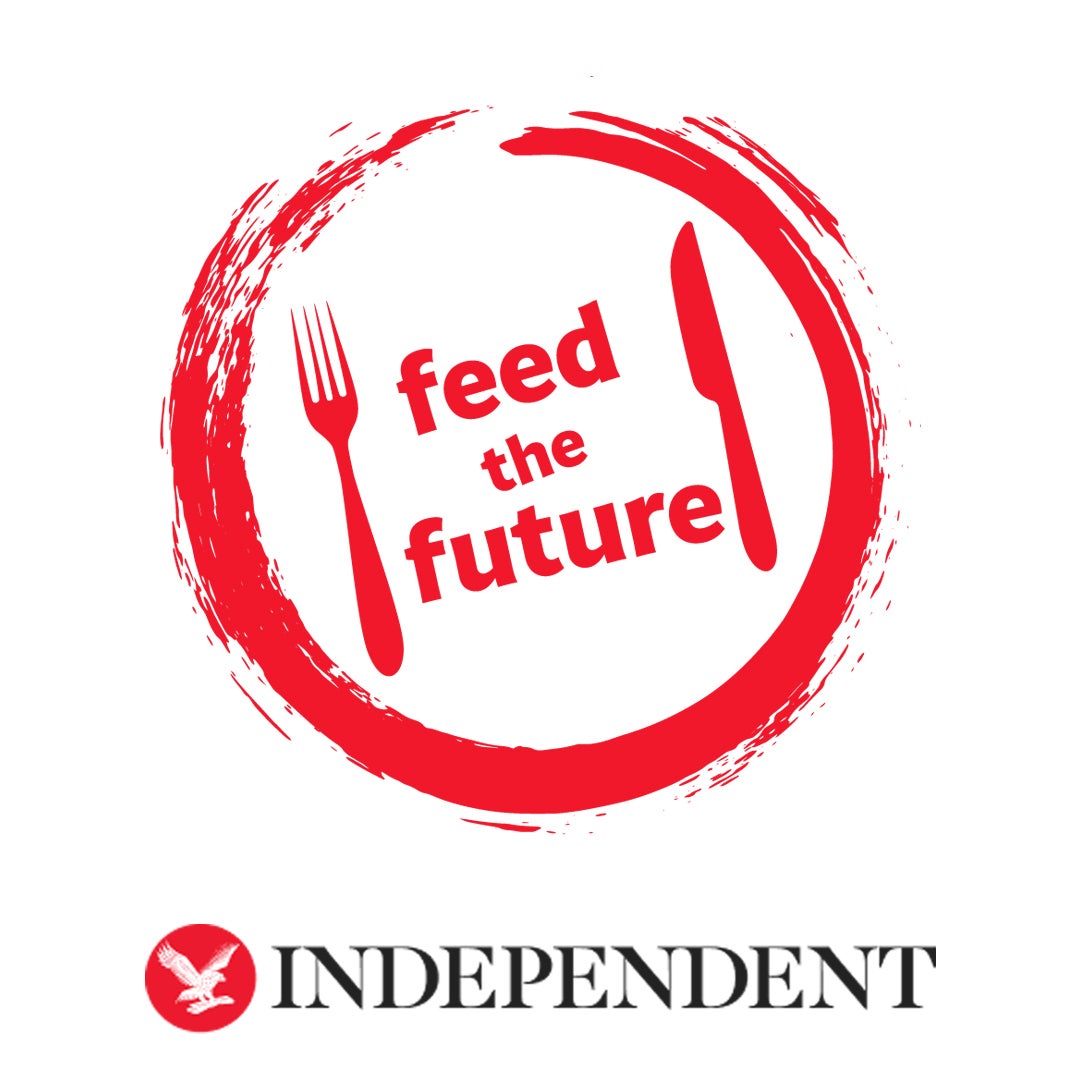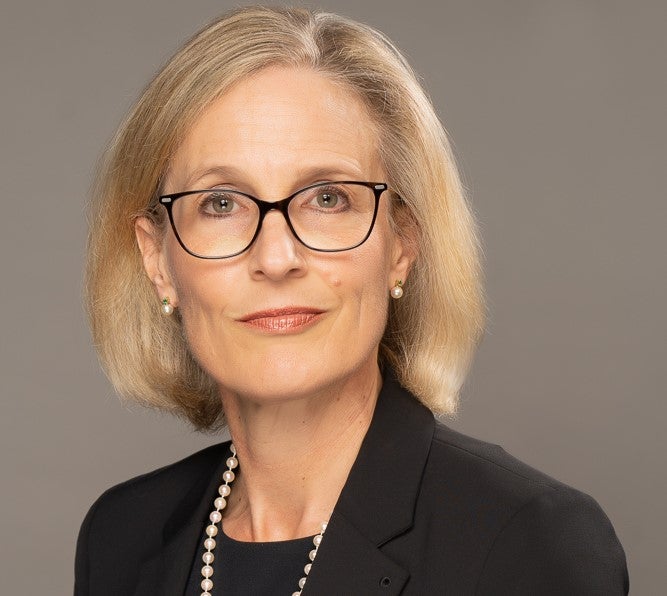Children’s health chief calls for free school meals for all to end ‘disturbing’ food poverty
Feed the Future: ‘Children with iron deficiency anaemia is just the start,’ warns Royal College of Paediatrics and Child Health president Camilla Kingdon
Your support helps us to tell the story
From reproductive rights to climate change to Big Tech, The Independent is on the ground when the story is developing. Whether it's investigating the financials of Elon Musk's pro-Trump PAC or producing our latest documentary, 'The A Word', which shines a light on the American women fighting for reproductive rights, we know how important it is to parse out the facts from the messaging.
At such a critical moment in US history, we need reporters on the ground. Your donation allows us to keep sending journalists to speak to both sides of the story.
The Independent is trusted by Americans across the entire political spectrum. And unlike many other quality news outlets, we choose not to lock Americans out of our reporting and analysis with paywalls. We believe quality journalism should be available to everyone, paid for by those who can afford it.
Your support makes all the difference.The government must offer all children free school meals to address the country’s “profoundly disturbing” food poverty rates, the NHS’ most senior paediatrician says.
To make change happen, please sign the Feed the Future petition by clicking here
Camilla Kingdon, president of the Royal College of Paediatrics and Child Health, warned the cost of living crisis was forcing struggling families to turn to unhealthy food and called on the government to act.
She said it was often cheaper for parents to feed their children junk food, as food prices continue to soar, and this was impacting children’s health, from poor growth rates to obesity.
She wants the government to step up support by giving all children, not just those in low-income families, free school meals.
In an exclusive interview with The Independent, she said: “There’s something profoundly disturbing about the picture of a hungry child struggling through the school day. The reality of modern Britain is that to feed your children a healthy diet is a challenge, and we only expect that to become more of a problem as this cost-of-living crisis continues.”
“The government should fund free school meals for all children to remove the current stigma of free school meals. Offering a healthy meal at school is an important opportunity to promote health for every child in the UK.”

Her calls come as The Independent has launched a campaign calling for free school meals for all children whose families received universal credit.
According to Action on Child Poverty, 800,000 children living in poverty do not qualify for free school meals. That figure includes households that receive universal credit, but whose income is more than £7,400 a year, excluding benefits.
This threshold applies regardless of family size or living conditions, meaning that while these families are living in poverty, they are not considered poor enough to qualify for school meals.
Dr Kingdon supported calls for free school meals for those on universal credit but said the government should go further and offer them to all.
Research published last week by Impact on Urban Health suggested expanding free school meals to all children could boost the economy by £41bn, in increased future earnings and savings from related healthcare costs.

In 2020, more than 2,000 paediatricians sent a letter to the prime minister calling for vouchers for free meals during school holidays in the wake of the first Covid wave.
When asked what paediatricians are witnessing in relation to the cost of living Dr Kingdon said: “The cost of food has risen dramatically. Parents have no other option but to buy cheaper, lower quality and less nutritious food for their children. It is cheaper to put chicken nuggets and chips on a plate than it is to buy fruit and vegetables. These parents are doing the very best they can in impossible circumstances.
“Paediatricians see the impacts of poor nutrition with both poor growths of deprived babies and children on the one hand, and rising child obesity on the other. We’re also seeing an impact in parents too. It’s not uncommon to see parents skipping meals in order to feed their children or pay their bills. It’s heartbreaking.”
Have you been impacted by the rising cost of food? email rebecca.thomas@independent.co.uk
In November last year, NHS Digital published data revealed the rates of childhood obesity in 2020-21 had increased by 4.5 per cent, with 14 per cent of children aged four to five years old now obese.
Public Health data shows the proportion of children in low-income households increased by 15 per cent during the same period.
Dr Kingdon warned: “Children with iron deficiency anaemia is just the start. We’ll start seeing children who are less resilient – more inclined to get sick than a child with access to nutritious food.
“How can we expect a hungry child to engage in education and learn to the best of their abilities? It’s unfair to ask this of them. And of course, there are behavioural problems associated with being hungry… Teachers are already telling us about this. Many teachers even pay to feed students out of their own pockets. It’s a dreadful situation.”
A spokesperson for the Department of Education said: “We have expanded access to free school meals more than any other government in recent decades, which currently reach 1.9 million children. We are also investing up to £24m in our National School Breakfast Programme, which provides free breakfasts to children in schools in disadvantaged areas.
“The Chancellor has unveiled a new growth plan, taking decisive action to get households and businesses through this winter and the next, by growing the economy to raise living standards for everyone.”





Join our commenting forum
Join thought-provoking conversations, follow other Independent readers and see their replies
Comments